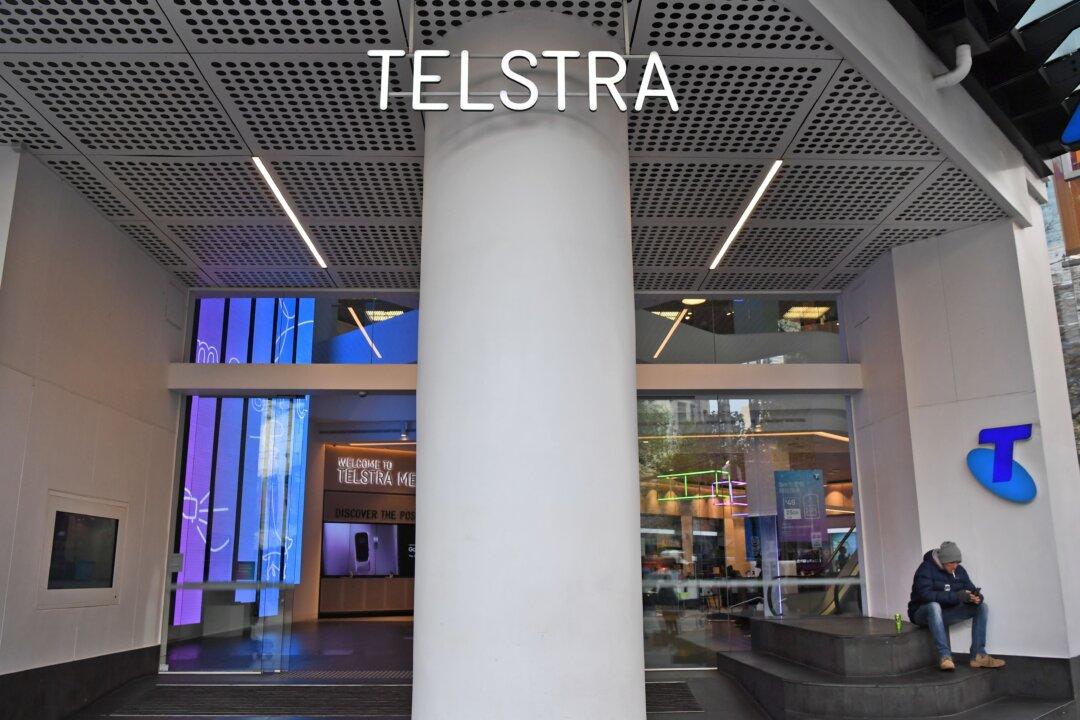Telstra says its full-year profit has risen 13.1 percent to $2.1 billion (US$1.34 billion) thanks to strong performance from its mobile and consumer businesses, while aspects of its fixed-line enterprise have experienced headwinds.
The company’s total income rose 5.4 percent to $23.2 billion in the 12 months to June 30, with underlying earnings before interest, tax, depreciation and amortisation up 9.6 percent to $8 billion.





